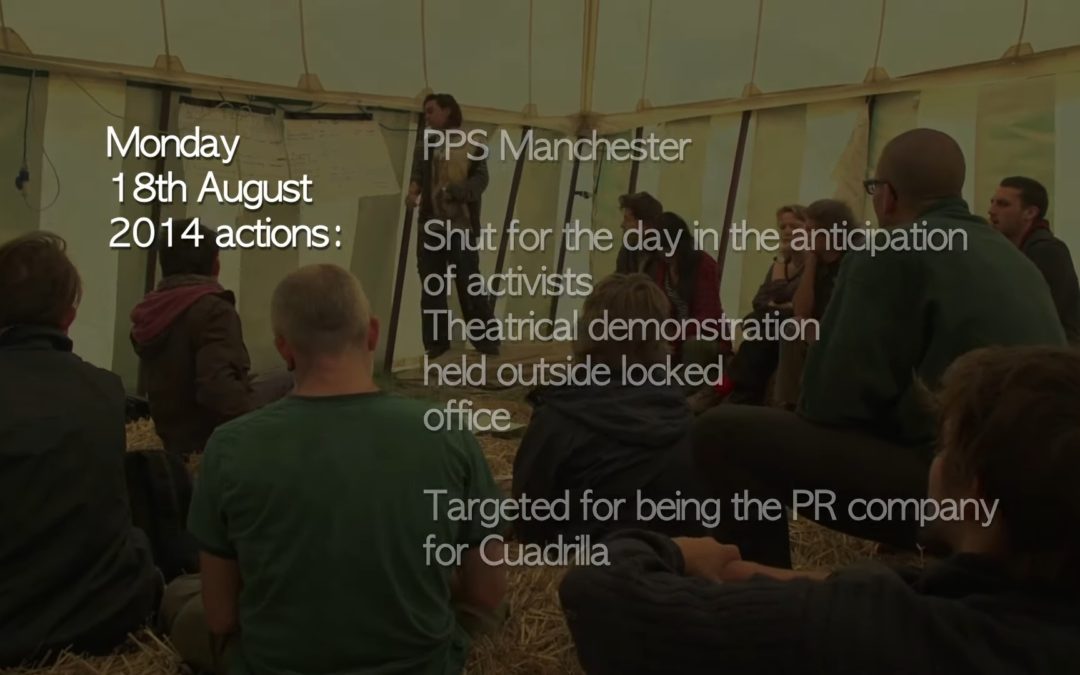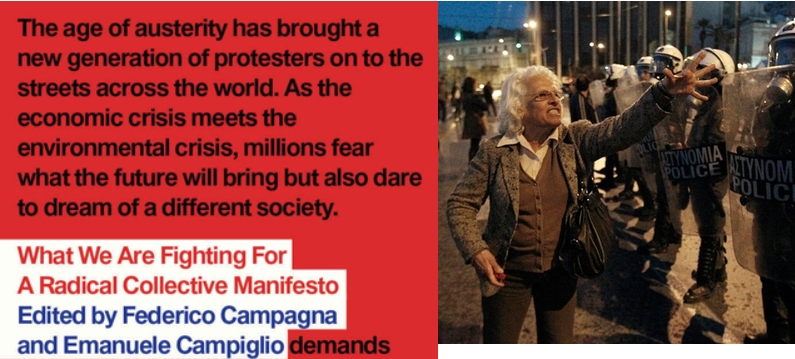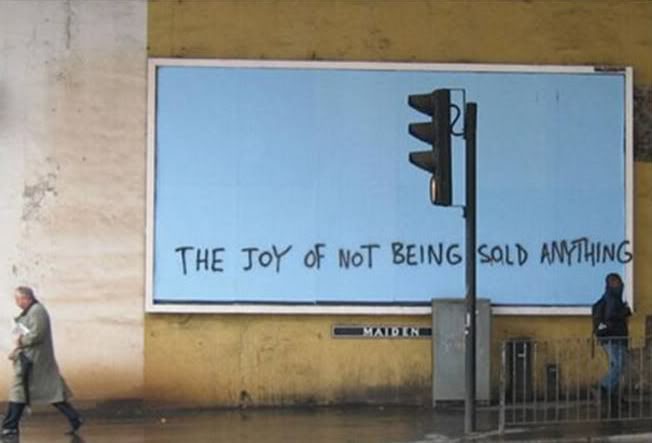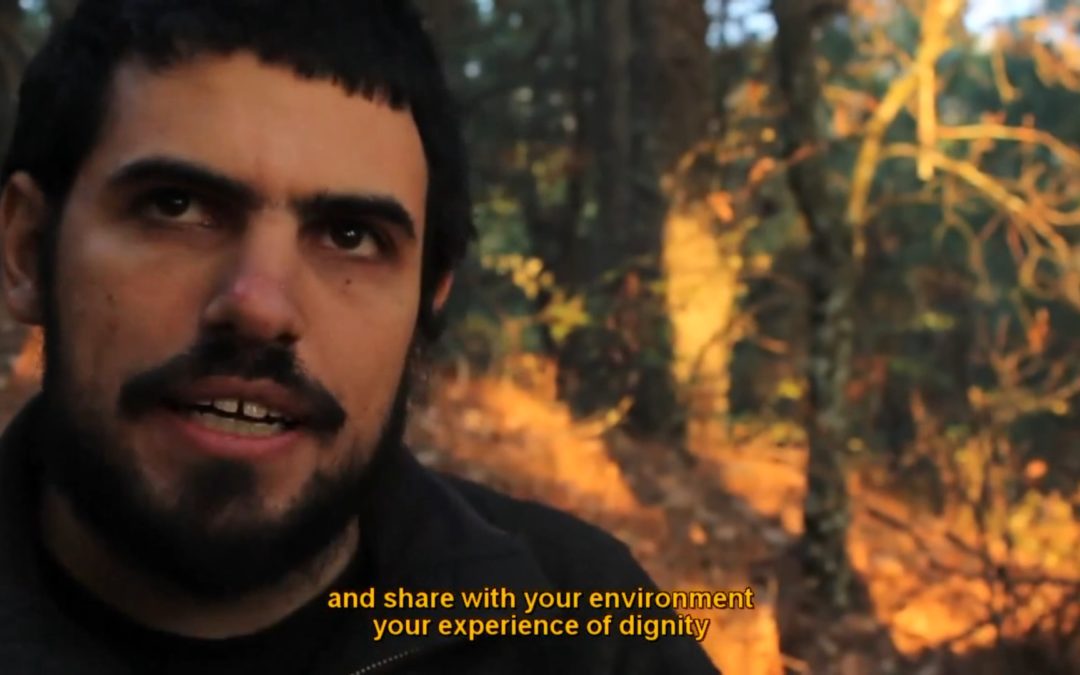
by Shaun Chamberlin | Sep 1, 2014 | All Posts, Climate Change, Cultural stories, Out and about, Politics, TEQs (Tradable Energy Quotas), The right to land, Transition Movement
A couple of nice videos from my wanderings in August. I started with a few days at the ever-wonderful Transition Heathrow, to support them through their threatened eviction. You can see how that went in the short video above. And then a coach was arranged from Grow...

by Shaun Chamberlin | Nov 20, 2012 | All Posts, Cultural stories, Economics, Favourite posts, Politics, The right to land
The right to access land matters, in a fundamental way. It is a place to live, a source for food, for water, for fuel, and for sustenance of almost every kind. And land management also has profound impacts on our ecosystems and environment, and thus on our well-being...

by Shaun Chamberlin | Sep 20, 2012 | All Posts, Cultural stories, Economics, Politics, Reviews and recommendations, TEQs (Tradable Energy Quotas), Transition Movement
Out today from Pluto Press is What We Are Fighting For: A Radical Collective Manifesto – a book to which I was delighted to contribute. My chapter, “The Struggle for Meaning”, wraps up the section on ‘New Economics’ and addresses our...

by Shaun Chamberlin | May 20, 2012 | All Posts, Cultural stories, Economics, Politics, Reviews and recommendations
Off the back of my recent post on Transition Money, this excellent new short film, 97% Owned, explains the privatised, debt-based money system we currently use. The one that allows UK banks to simply create around £200,000,000,000 (£200bn) a year and use it as they...

by Shaun Chamberlin | May 17, 2012 | All Posts, Cultural stories, David Fleming, Economics, Favourite posts, Politics, The Transition Timeline, Transition Movement
Last month I was one of forty or so attendees of the Transition ‘Peak Money’ day. It was a fascinating collection of people, from theorists to activists, and a potent opportunity to reflect on the challenges facing us all as the glaring errors at the heart...

by Shaun Chamberlin | Apr 2, 2012 | All Posts, Cultural stories, Economics, Philosophy, Politics
My hero Enric Duran (AKA Robin Bank) has posted a new video explaining his legal situation and inviting others to join his radical action against the banks. For those who haven’t seen it, I strongly recommend watching his inspiring 2008 video first: ...








Recent Comments